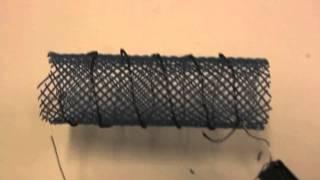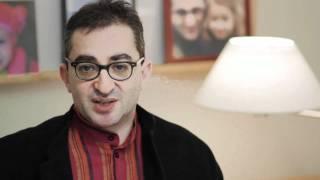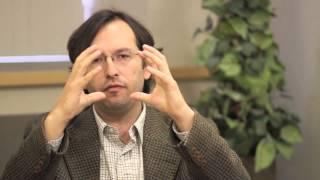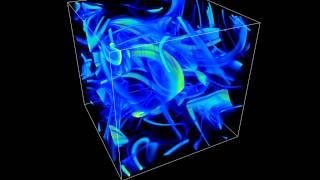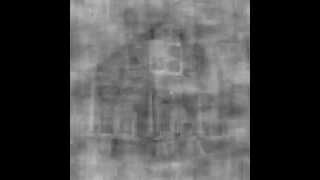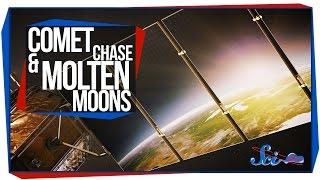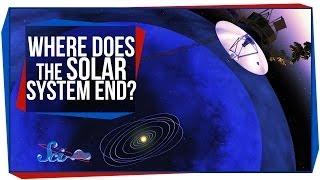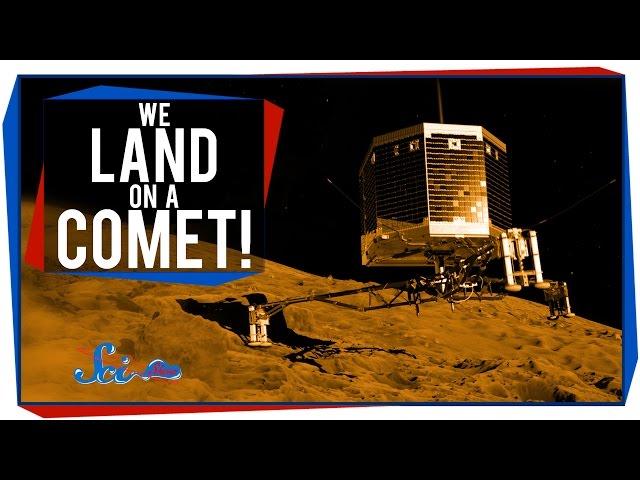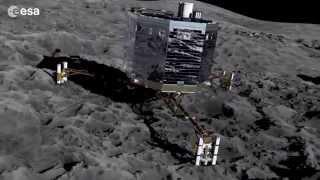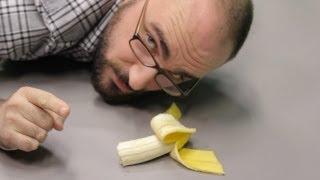Time Travel, Teleportation & Science
Time travel is the concept of moving between different points in time in a manner analogous to moving between different points in space, generally using a theoretical invention, namely a time machine. It has a commonly recognized place in philosophy and fiction, but has a very limited application in real world physics, such as in quantum mechanics or wormholes.
Although the 1895 novel The Time Machine by H. G. Wells was instrumental in moving the concept of time travel to the forefront of the public imagination, The Clock That Went Backward by Edward Page Mitchell was published in 1881 and involves a clock that allowed three men to travel backwards in time.[1][2] Non-technological forms of time travel had appeared in a number of earlier stories such as Charles Dickens' A Christmas Carol. Historically, the concept dates back to the early mythologies of Hinduism (such as the Mahabharata), Buddhism, and Islam through ancient folk tales. More recently, with advancing technology and a greater scientific understanding of the universe, the plausibility of time travel has been explored in greater detail by science fiction writers, philosophers, and physicists.
Teleportation, or Teletransportation, is the theoretical transfer of matter or energy from one point to another without traversing the physical space between them. It has a commonly recognized place in science fiction literature, film, and television, but as yet has a very limited application in real world physics, such as quantum teleportation or the study of wormholes.
Science (from Latin scientia, meaning "knowledge") is a systematic enterprise that builds and organizes knowledge in the form of testable explanations and predictions about the universe. In an older and closely related meaning, "science" also refers to a body of knowledge itself, of the type that can be rationally explained and reliably applied. A practitioner of science is known as a scientist.
In modern usage, "science" most often refers to a way of pursuing knowledge, not only the knowledge itself. It is also often restricted to those branches of study that seek to explain the phenomena of the material universe.
Source : Wikipedia
-
05:58
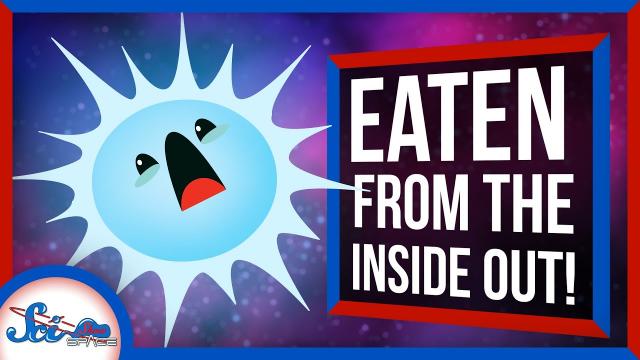
These Stars Are Being Eaten Alive from the Inside
Added 493 Views / 0 LikesIn general, a star’s size will determine its final destiny. Some stars fizzle out, while others explode, and what seals their fate may come down to a curious, cannibalistic process happening inside their cores!Hosted by: Hank GreenSciShow has a spinoff po
-
1:04:41
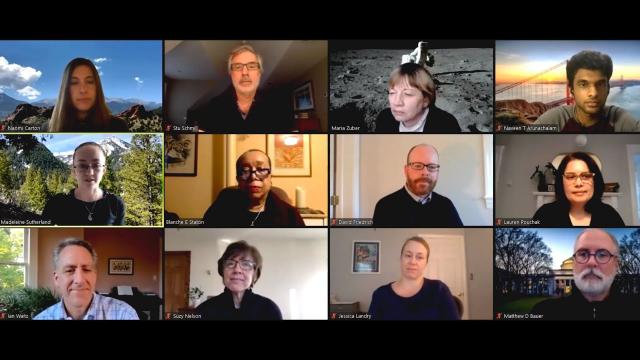
Graduate Student Town Hall
Added 408 Views / 0 LikesWatch more videos from MIT: http://www.youtube.com/user/MITNewsOffice?sub_confirmation=1The Massachusetts Institute of Technology is an independent, coeducational, privately endowed university in Cambridge, Massachusetts. Our mission is to advance knowled
-
57:40
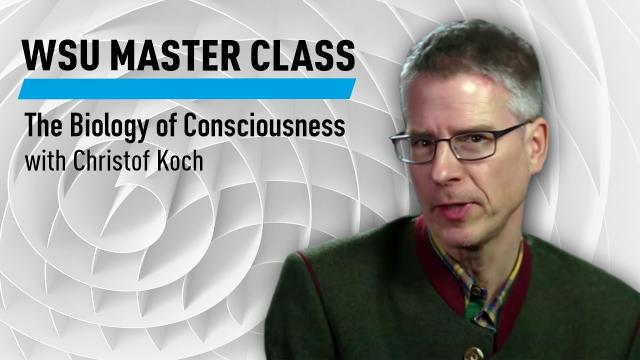
WSU: The Biology of Consciousness with Christof Koch
Added 294 Views / 0 LikesHow can we experimentally probe consciousness? Neuroscientist Christof Koch guides you through the research he conducts at the Allen Institute for Brain Science. #WorldSciUThis lecture was recorded on May 30, 2015 at the World Science Festival in New York
-
39:38
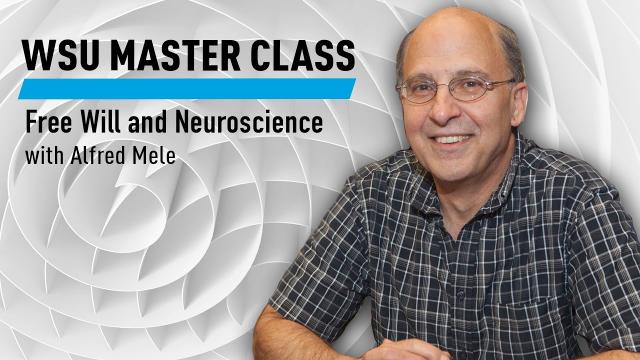
WSU: Free Will and Neuroscience with Alfred Mele
Added 255 Views / 0 LikesHas neuroscience all but disproved the existence of free will? Philosopher Alfred Mele argues that free will is still alive and well as he critically analyzes experimental data. #WorldSciUThis lecture was recorded on May 30, 2015 at the World Science Fest
-
05:54
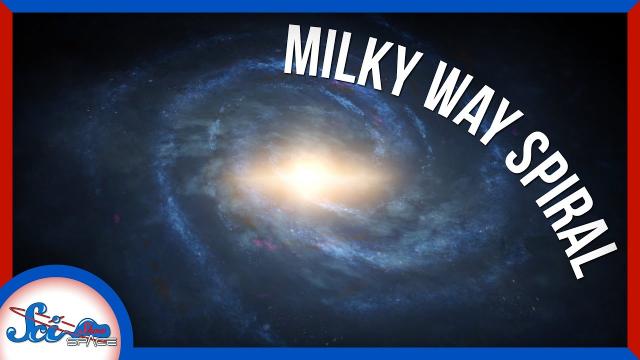
How Did the Milky Way Get Its Spiral?
Added 196 Views / 0 LikesThis episode is brought to you by EnergySage, the nation’s most trusted online solar marketplace. Head to https://communitysolar.energysage.com/?rc=cp-scishowspace to see what community solar options are available in your area. With community solar, you c
-
05:56
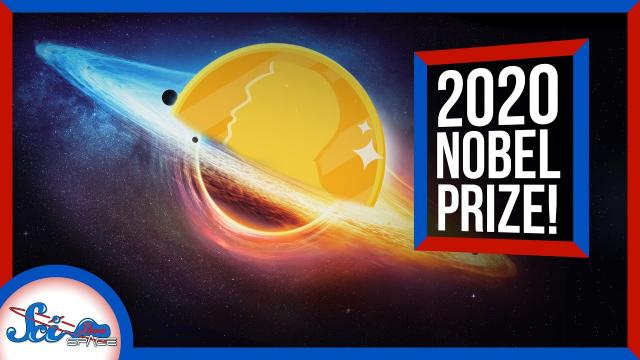
How We Learned Black Holes Actually Exist | 2020 Nobel Prize in Physics
Added 223 Views / 0 LikesDid you know Einstein never thought we’d find actual black holes in space? It took decades of research to show black holes are physically possible, and some of the scientists behind that research were honored this year with the Nobel Prize in Physics. Hos
-
01:41
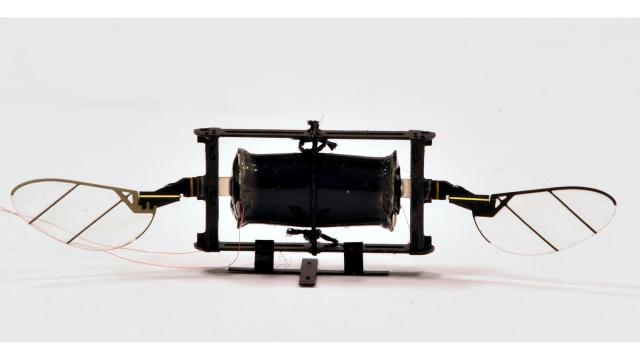
Insect-like robots
Added 245 Views / 0 LikesA team of researchers has developed a new generation of tiny, agile drones that look, act and maneuver like actual insects allowing them to operate in cramped spaces and withstand collisions. (Learn more: http://news.mit.edu/2021/researchers-introduce-new
-
14:55
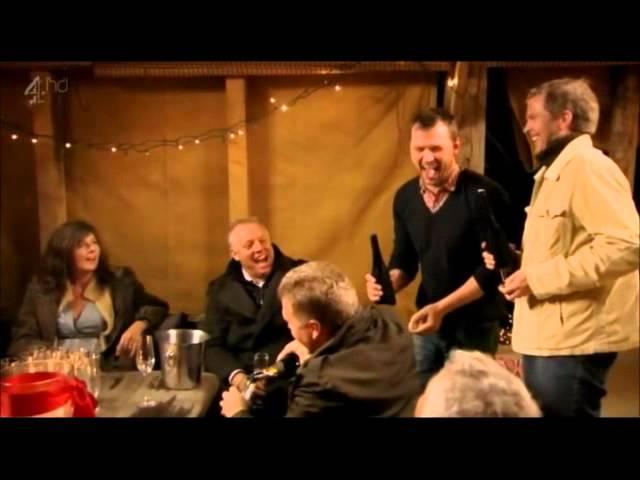
Jimmy's Grow Your Own Christmas Dinner Part 2
Added 1,051 Views / 0 LikesJimmy's Grow Your Own Christmas Dinner Part 2
-
05:22
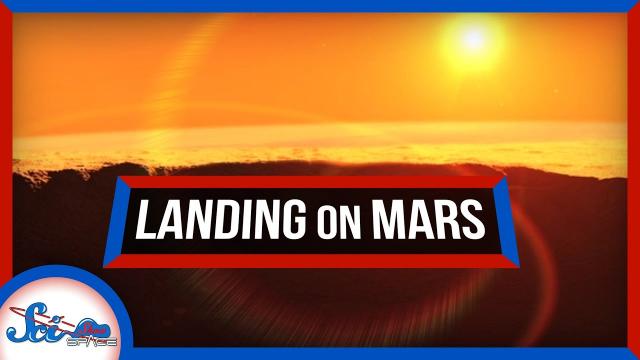
The First Time We Landed on Mars
Added 182 Views / 0 LikesWe've successfully landed 10 different craft on Mars, but they all owe a bit of their success to Mars 3.SciShow has a spinoff podcast! It's called SciShow Tangents. Check it out at http://www.scishowtangents.org----------Support SciShow Space by becoming
-
18:53
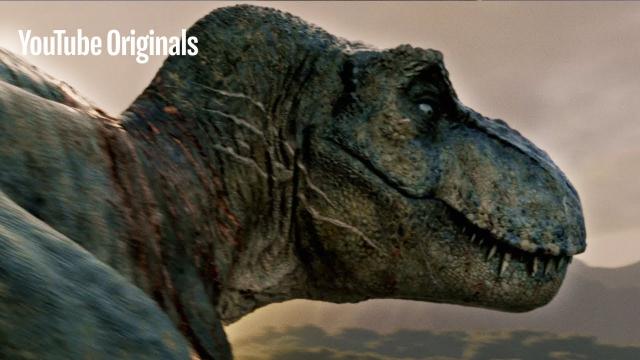
Could You Survive JURASSIC PARK?
Added 181 Views / 0 LikesGuest StarringiJustine: https://www.youtube.com/user/ijustineHarris Heller: https://www.youtube.com/user/harrishellerEmily Graslie: https://www.youtube.com/c/EmilyGraslie/featuredLife finds a way…Jake (that’s me!) is enjoying a relaxing vacation at Jurass

